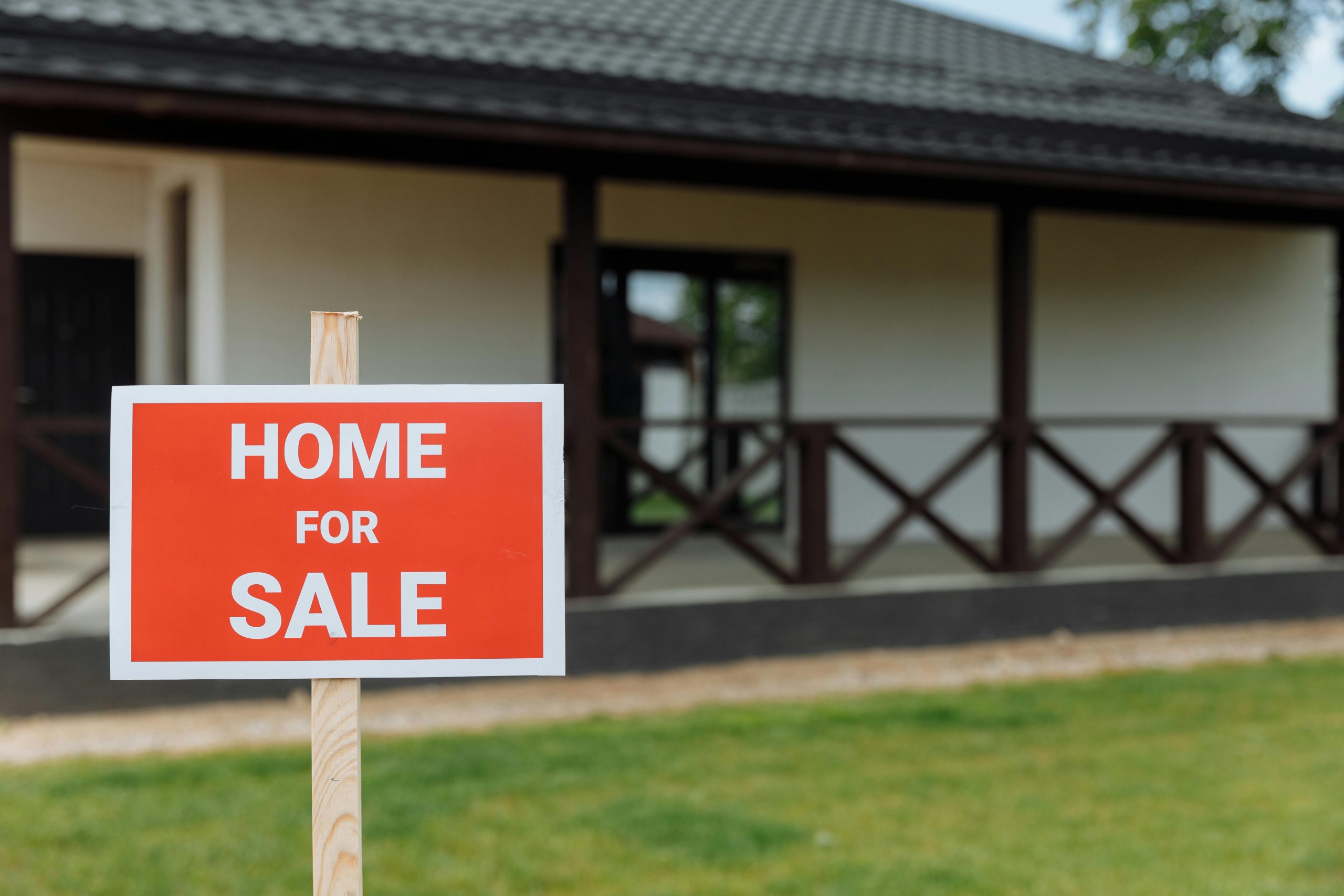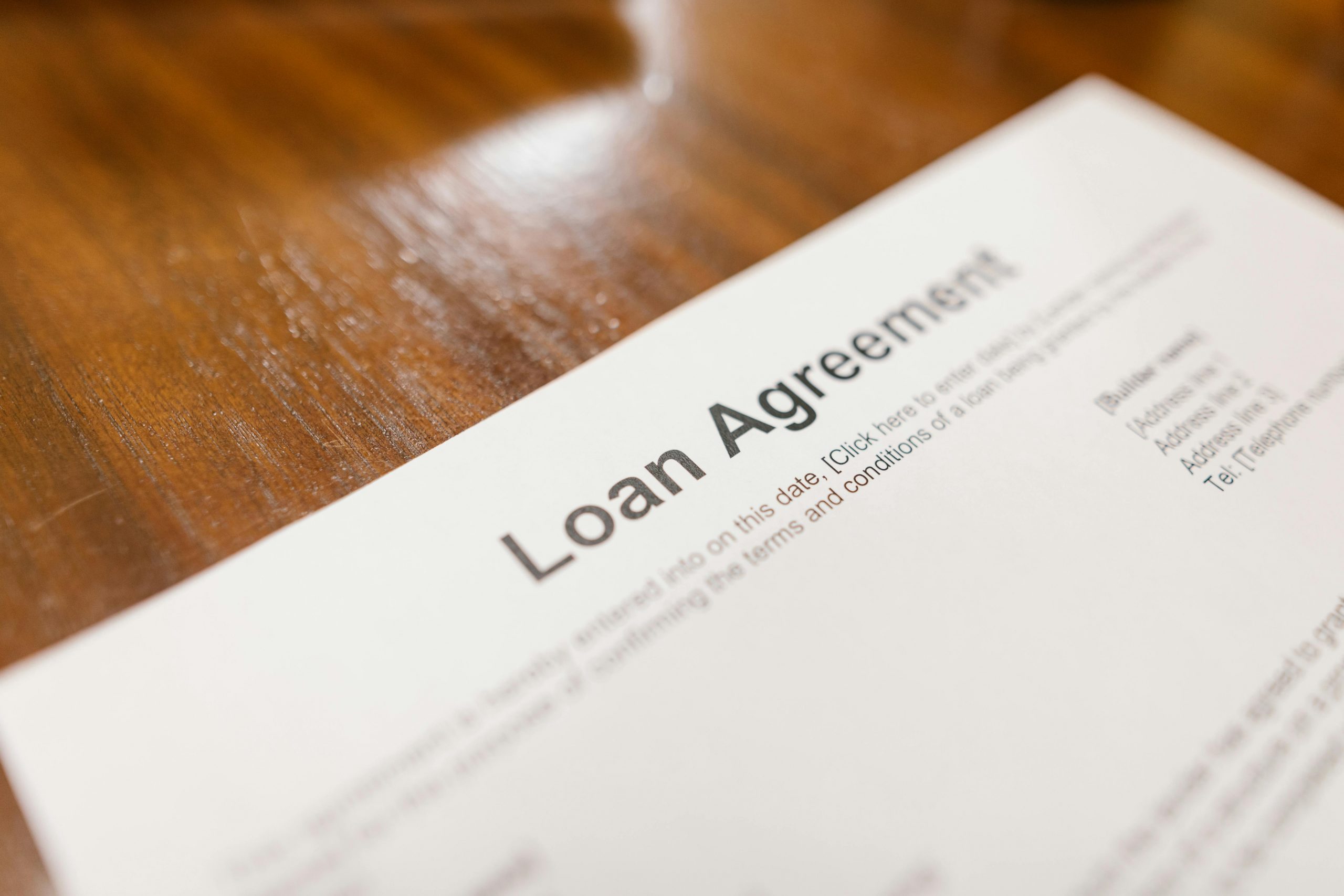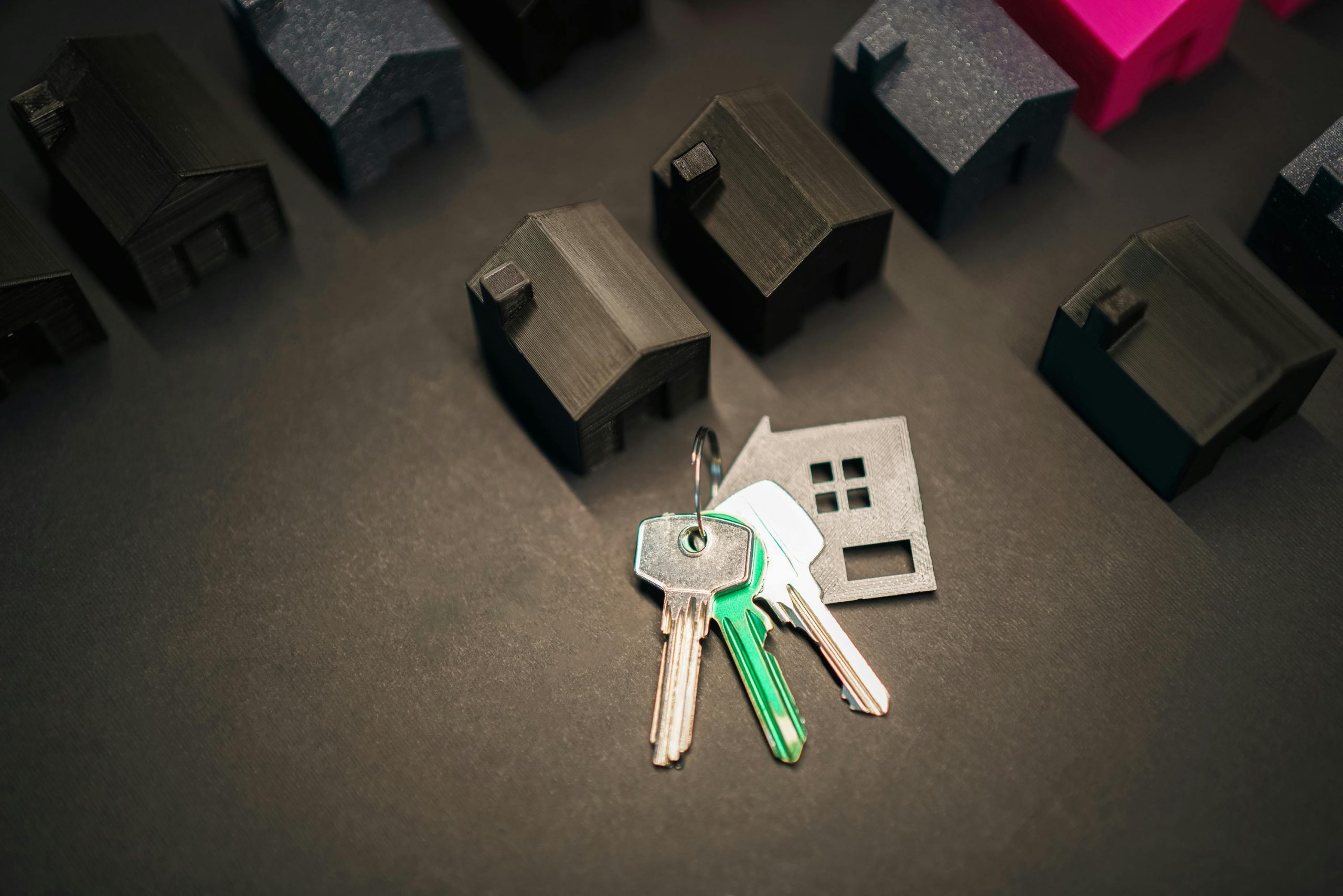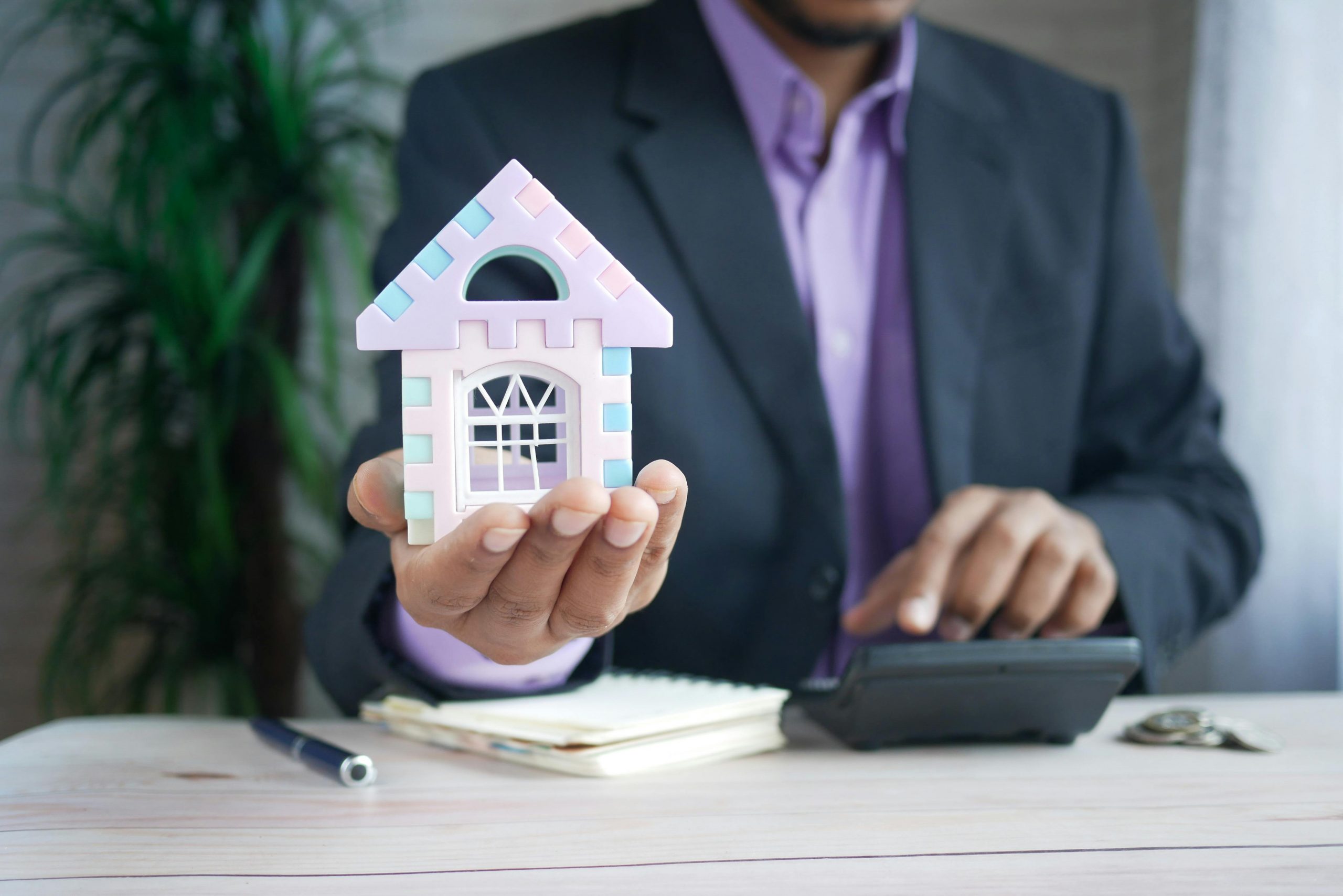Going through bankruptcy can feel like hitting financial rock bottom. It’s a stressful process that can leave many wondering if they’ll ever qualify for a home loan again. The good news? Yes, you can buy a house after bankruptcy—it just takes time, strategy, and a solid financial plan. This guide explains how and when you can become a homeowner again.
What Does Bankruptcy Do to Your Credit?
When you file for bankruptcy—whether Chapter 7 or Chapter 13—it significantly impacts your credit score. A bankruptcy record can stay on your credit report for up to:
- 10 years for Chapter 7
- 7 years for Chapter 13
This mark signals lenders that you’ve had serious financial difficulties, which makes them more cautious about giving you a mortgage. However, time and responsible money management can help you rebuild your credit and regain lender trust.
What Happens to Your Current Home During Bankruptcy?
If you already own a home when filing for bankruptcy, you might worry about losing it. People often wonder, can you file bankruptcy and keep your house? The answer is: it’s possible, but it depends on your financial situation, your state’s exemption laws, and whether you’re behind on your mortgage.
In Chapter 7, your assets may be liquidated to repay creditors, but many states offer homestead exemptions that protect a certain amount of home equity. If you’re current on your mortgage and your equity falls within the exemption limits, you may be able to keep your home.
In Chapter 13, you’re placed on a structured repayment plan. This often gives homeowners a better chance to catch up on missed mortgage payments while keeping their property.
How Soon Can You Buy a House After Bankruptcy?

This depends on:
- The type of bankruptcy filed (Chapter 7 or Chapter 13)
- The type of mortgage you’re applying for (FHA, VA, USDA, or conventional)
- Your credit score, income, and debt-to-income ratio (DTI)
Let’s break it down:
Chapter 7 Waiting Periods:
- FHA loan: 2 years from the discharge date
- VA loan: 2 years from discharge
- USDA loan: 3 years from discharge
- Conventional loan: 4 years from discharge
Chapter 13 Waiting Periods:
- FHA loan: 1 year of on-time payments, court approval required
- VA loan: 1 year into repayment, with trustee approval
- USDA loan: 1 year into repayment
- Conventional loan: 2 years from discharge or 4 years from dismissal
What Steps Should You Take to Prepare?
Buying a house after bankruptcy isn’t automatic, even after the waiting period. You’ll need to prove you’re financially ready. Here’s how:
1. Rebuild Your Credit
Improving your credit score is essential.
- Make all bills and credit payments on time
- Open a secured credit card or credit-builder loan
- Keep credit utilization under 30%
- Regularly check your credit report for errors
2. Save for a Down Payment
Larger down payments reduce risk for lenders. After bankruptcy, aim for:
- 3.5% minimum for FHA loans
- 0% for VA and USDA (if eligible)
- 5–20% for conventional loans
3. Establish Steady Income
Lenders want to see stable employment. Be prepared to show:
- Pay stubs
- W-2 forms
- Tax returns (especially if self-employed)
4. Lower Your Debt-to-Income (DTI) Ratio
Lenders often require a DTI of 43% or lower. To improve yours:
- Pay down existing debt
- Avoid taking on new credit
- Increase your income if possible
What Mortgage Options Are Best After Bankruptcy?

Each loan program has different rules, but some are more forgiving than others:
FHA Loans
- Government-backed
- Low credit score requirements (580+ with 3.5% down)
- Shorter waiting period post-bankruptcy
- Great for first-time homebuyers
VA Loans (for eligible veterans)
- No down payment required
- No mortgage insurance
- Low credit score requirements
- Requires a Certificate of Eligibility (COE)
USDA Loans (for rural areas)
- 0% down payment
- Income limits apply
- Only for eligible rural locations
Conventional Loans
- Higher credit score requirement (620+)
- Private mortgage insurance (PMI) if less than 20% down
- Longer waiting periods after bankruptcy
Will Lenders Approve You After Bankruptcy?
It’s not a guarantee, but many lenders are open to working with borrowers who’ve had a bankruptcy—especially if you’ve rebuilt your finances. Lenders will evaluate:
- Your current credit score
- Employment and income stability
- Debt-to-income ratio
- Size of your down payment
- Any positive financial trends since bankruptcy
Tip: Get pre-approved before house hunting. This shows sellers you’re serious and gives you a better understanding of what you can afford.
What Documents Do You Need?
Be ready to provide extra documentation to reassure lenders. This includes:
- Bankruptcy discharge papers
- A letter explaining the reason for your bankruptcy (job loss, medical issues, divorce, etc.)
- Proof of re-established credit
- Recent pay stubs and tax returns
- Bank statements showing savings and emergency funds
A strong financial explanation letter can be a powerful part of your mortgage application, especially if your bankruptcy was caused by a one-time event.
Should You Use a Mortgage Broker?
Yes—especially after bankruptcy. Mortgage brokers:
- Have access to multiple lenders
- Can help find the best loan terms for your situation
- Understand which lenders are more flexible with post-bankruptcy borrowers
- Save you time and reduce the chances of loan denial
What Mistakes Should You Avoid?
Here are common missteps that can delay your post-bankruptcy homeownership journey:
- Applying too soon before meeting waiting periods
- Not checking your credit report for errors
- Taking on new debt like car loans or credit cards right before applying for a mortgage
- Missing payments—even one late payment can be a red flag
- Making large purchases during the loan approval process
Tips for Success: Buying a House After Bankruptcy
Here’s a checklist to keep you on track:
- Know your waiting period based on bankruptcy and loan type
- Monitor and improve your credit score regularly
- Save for a solid down payment
- Keep all debt and credit usage low
- Show stable employment and income
- Work with a lender or broker familiar with post-bankruptcy buyers
- Be honest and upfront in your application
Is Homeownership After Bankruptcy Possible?
Absolutely. Buying a house after bankruptcy is possible, but it requires patience, planning, and discipline. Bankruptcy may feel like the end of the road, but for many, it’s the beginning of a fresh financial start.
By understanding your options, staying committed to rebuilding your credit, and making smart financial choices, you can achieve your dream of owning a home again—often in just a few years.


